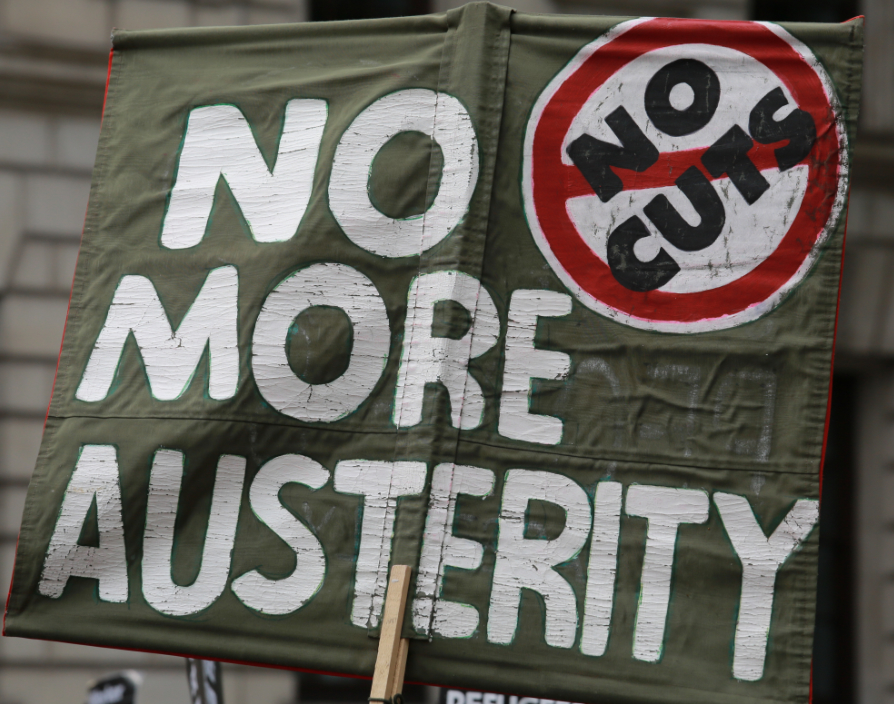Today, the new chancellor set out his spending review for what he believes will cultivate a “fairer and stronger” society, with promises to finally end austerity in one of UK’s most ambitious spending plans to date.
Speaking this afternoon, Mr Javid announced plans to increase day-to-day
The chancellor pledged not to cut funding of any government department, saying every sector will see their budgets increased “at least in line with inflation” while promising billions of funds for schools, the NHS, the police, social care and to tackle homelessness.
As political uncertainty continues to plague the UK ahead of the Brexit due date, the chancellor stressed the importance of focusing on “meeting the economic priorities of today, not a decade ago”, he said in his speech to Parliament on Wednesday.
“Britain’s hard work has paid off,” the chancellor told the Commons, “Every single government department has had its budget for day-to-day spending increased at least in line with inflation.”
Mr Javid pledged £432 million to the Department for Environment, Food and Rural Affairs to address climate issues, in a bid to tackle rising carbon emissions.
At least £250 million will also be provided to international climate and environment funds, including the Green Climate Fund – the leading fund dedicated to meeting the Paris Agreement on climate change.
The chancellor also announced an extra £6.2 billion for the NHS and another £210 million for NHS staff training and development.
In addition to that, £750 million has been put aside to spearhead the recruitment of 20,000 new police officers by the end of March.
Mr Javid announced a further £2.2 billion in spending plus £7 million for the Normandy Memorial Trust as well as funding for a new Office for Veterans’ Affairs.
The Treasury will provide schools with a cash boost, and every secondary school will be given a minimum of £5000 per pupil by 2020 to 2021.
Councils will have an access to a further £1.5 billion for social care, and £200 million will be spent on revamping bus services.
The Treasury also announced an extra £2 billion for Brexit preparations on top of the £2 billion already being spent in the financial year from 2019/20.
However, business rates remain a major concern for small to medium enterprises who make up the backbone of Britain’s economy as they continue to face overwhelming uncertainty ahead of the Brexit due date.
Companies have been plagued by worker skill shortages and increasing employment costs, according to recent data.
The IT, construction and hospitality sectors have been hit the hardest and are falling short of skilled workers, according to data revealed by job search engine Adzuna in June.
As Brexit continues to loom, business leaders are worried about the impacts of immigration will have on their workforce and have urged the government to tackle the issue head on.
Business owners continue to face overwhelming uncertainty ahead of UK’s departure from the EU on October 31, and business organisations have raised several concerns.
The Confederation of British Industry, the UK’s biggest business organisation, has urged the Treasury to invest in worker skills and training, boost infrastructure and focus on lowering carbon emissions for businesses.
The spending review covers the government expenditures for the year 2019 to 2020 rather the usual three-year plan, as the government hopes to focus on delivering Brexit first.
The next spending review will be carried out in 2020 and further reviews on the government’s fiscal framework will be set out in the Autumn Budget.
As Britain’s EU departure date draws closer, more needs to be done to push businesses at the forefront in order to prevent economic turbulence and instability after Brexit.
Share via:


















































